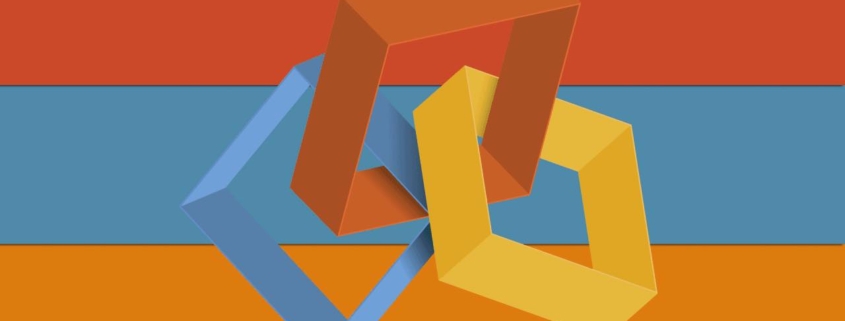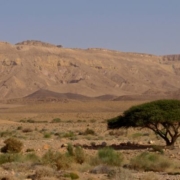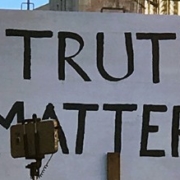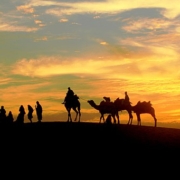Allyship and Rebuilding the Temple
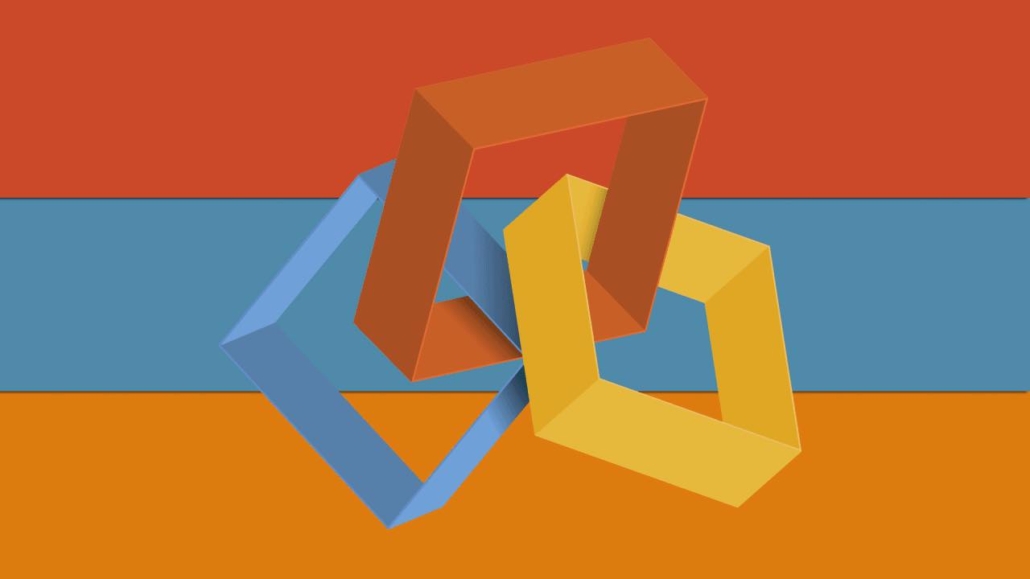
In this month when we mourn the destruction of the Temple, we recall King David’s description of Jerusalem, in its glory, as כְּ֝עִ֗יר שֶׁחֻבְּרָה־לָּ֥הּ יַחְדָּֽו – a city that is tightly knit together. The Jerusalem Talmud, Chagigah 3:6, understands this to mean that Jerusalem will be rebuilt only when it is a city where all are chaverim – bound in friendship. Our current status of churban, destruction, is the natural result of our lack of chaburah, connectedness. G-d’s house can’t be rebuilt until we lay the foundation with our mended relationships.
Constructing a physical structure today requires many specific skill sets and forms of expertise. Carpenters, electricians, plumbers and decorators all must work together to successfully support the collective project. If the needs of one are not understood or incorporated, then the finished product will be deficient.
Developing an inclusive and supportive community is no different. For this reason the Talmud, Brachos 63a, instructs us to be in conversation with each other when learning Torah to ensure we understand the realities of each other. The proof text that is offered draws on the foolish arrogance of those who don’t connect to the lived experience of others to inform their own understanding of the world:
כִּדְרַבִּי יוֹסֵי בְּרַבִּי חֲנִינָא, דְּאָמַר רַבִּי יוֹסֵי בְּרַבִּי חֲנִינָא: מַאי דִּכְתִיב ״חֶרֶב אֶל הַבַּדִּים וְנֹאָלוּ״ — חֶרֶב עַל שׂוֹנְאֵיהֶם שֶׁל תַּלְמִידֵי חֲכָמִים שֶׁיּוֹשְׁבִים בַּד בְּבַד וְעוֹסְקִים בַּתּוֹרָה.
Rabbi Yosei, son of Rabbi Ḥanina, said: What is the meaning of that which is written: “A sword is upon the boasters, and they shall become fools” (Jeremiah 50:36)? [This verse can be interpreted homiletically]: A sword upon the enemies of Torah scholars, a euphemism for the Torah scholars themselves, who sit alone and study Torah.
Those who learn Torah on their own are learning an incomplete Torah as they are lacking the perspectives, ideas, and realities of their fellow scholars.
The opening verse of Eicha (which is read on the 9th of Av the day that the Temples were destroyed) – אֵיכָ֣ה יָשְׁבָ֣ה בָדָ֗ד הָעִיר֙ רַבָּ֣תִי עָ֔ם – Alas, she sits in solitude, the city that once contained multitudes of people. Solitude is both the cause of, and the attendant result of, a breakdown of community. The city of Jerusalem remains alone (בָדָ֗ד) because of the self-centered behavior of her inhabitants (שֶׁיּוֹשְׁבִים בַּד בְּבַד).
The Rabbis teach: “Every generation in which the Temple is not rebuilt is faulted as if it had destroyed it” Jerusalem Talmud Yoma 1:1. Today, our continued failure to achieve complete acceptance, inclusivity, and celebration of LGBT+ Jews, often the most excluded and marginalized in many religious communities, calls on us all to be better allies as a path towards a communal restoration that could merit G-d’s return to us; and provide an unbroken home for all of G-d’s children.
An ally, in Jewish tradition, is called a “chaver”, literally one who is attached to another, like the latin alligare – to bind together. A chaver tov is someone who is able to connect the good of the world to another.
Our current state of Temple destruction, exile, and Divine concealment is a consequence, not a punishment, of our divisiveness as a people. Making judgments based on fear and prejudice led the spies to bring a false report about the land of Israel. Mishnah Ta’anit 4:6 relates that the spies return with their libel on Tisha B’Av. This incident, like transphobia and homophobia, has its source in the kind of blatant hatred that caused the second Temple to be destroyed.
The mystics observe that this physical breakdown of the ideal is simply the reflection of us disrupting the order of creation. They explain that in the Hebrew Alphabet, the letter “ע” which means “eye”, precedes “פ” the “mouth” because we must first experience the proximity of something to be able to speak about it properly.
It is not coincidental that the letter immediately before “ע” is the “ס” which means “support” and is represented in the alphabetical acrostic in Psalms 145 (recited as part of Ashrei) as “supports all who have fallen”. Loving, particularly those who are suffering, doesn’t require a front row seat to receive permission.
The month of Av, meaning Father, reminds us both of the love that G-d still has for us in this estranged dynamic and also for our need to recognize the ways in which we have failed to provide and support each other as family. Learning how to engage and speak with people who are perceived as different, and overcome the dominant culture of divisiveness, is a necessary step in achieving a covenantal restoration, where we can return to an ideal relationship with G-d. If we can’t come together in celebration of the Divine within people, then we will be destined to find ourselves mourning alone without the Temple.

Rabbi Mike Moskowitz, a founding builder at Bayit and also a member of Bayit’s Board, serves as Scholar-in-Residence for Queer and Trans Jewish Studies at Congregation Beit Simchat Torah, a flagship LGBTQIA+ synagogue in New York City.

